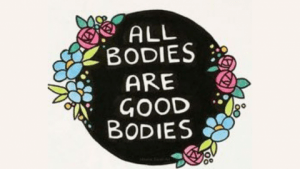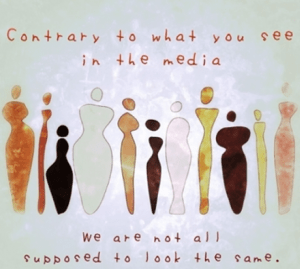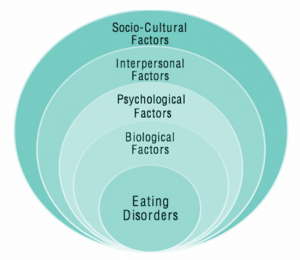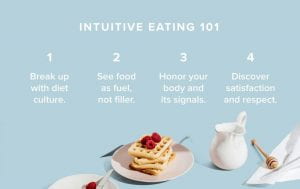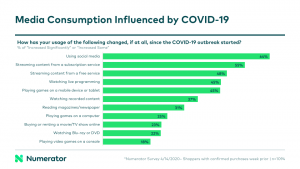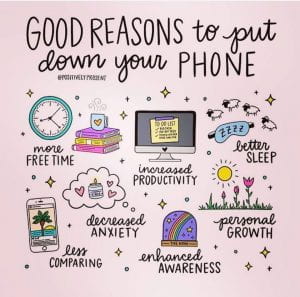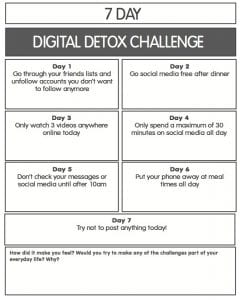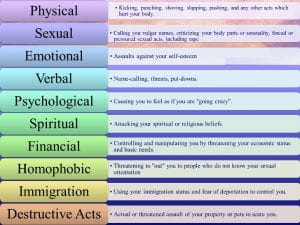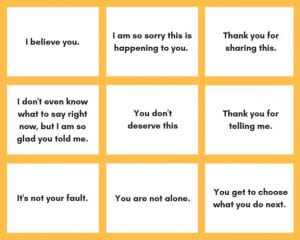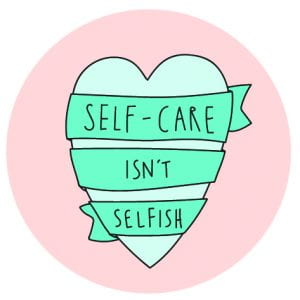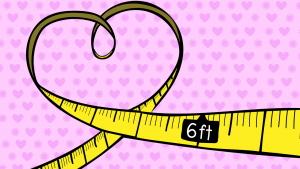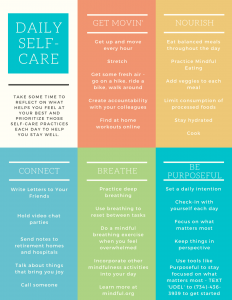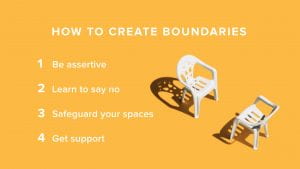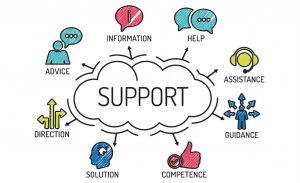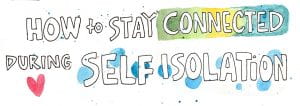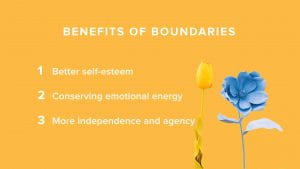Hello and welcome back to HPW’s blog! & Happy Wellness Wednesday! In today’s Wellness Wednesday we talked about Going into Summer with Body Positivity. A lot of us tend to feel pressure going into summer to achieve the ‘perfect beach body’ just in time, and the pressure has been heightened lately with all of the body image messaging that has come with COVID-19… Click here to watch our Wellness Wednesday video, or read on to learn more!
What exactly is body positivity?
Body positivity is about working towards a world where everyone can live in their bodies as they please while receiving the same respect, representation, and opportunities as everyone else. It is about respecting your own body, but also about being kind and empathetic toward other bodies.
It is also important to note that often times certain individuals are left out of the conversation around body positivity. For instance, while people within the body positivity community have to deal with gender equality and size equality, people of color have to deal with this as well as race equality and colorism. It is so important to include all bodies in this conversation, regardless of color, and give voices to those who are not always represented.
“I hope that one day in the future, the community and those outside of the body positive movement will see us as a collective and not marginalize within a group that is already in itself, pretty marginalized. There are so many different experiences, opinions, thoughts, and perspectives and everyone deserves to be heard and represented, not just the thoughts and experiences of those with privilege.” – STEPHANIE YEBOAH
Body Image During COVID-19
The concept of body image is constantly shifting due to society and the expectations that society sets, and our current predicament most definitely has an effect on our perceptions of what we should strive for in our bodies. Currently in the media, we are seeing a lot of influencers talking about how to protect yourself from gaining the “COVID-15” and how to make the most of your time in quarantine by achieving the “perfect body.” This type of messaging is toxic for multiple reasons (see blog post on “Body Image and Quarantine – Fighting Against the Productivity Myth” for some of them), and with all of this conditioning coming from society, it is often times hard to know what is right for us individually. As a culture, we tend to jump from extreme to extreme, rather than allowing individuals to discover what works for them personally. (Read on – towards the end we provide some tips as to how you might counter this societal conditioning!)
Society’s Perpetuation of Body Image Messaging and Unequal Harm of Certain Individuals
On top of this, as we touched on with the definition of body positivity above, often times the messaging that society sends out about body image tends to harm certain individuals in an unequal way. The messages about body image that society sends out often lead to the exclusion and marginalization of certain groups and people. The movement targets specific populations – such as white females – but not everyone, making it seems like it’s only a problem for some populations when in reality people of all different walks of life struggle with body image.
Indeed, the body positivity movement itself often times ends up neglecting to fulfill the original goals of the movement. The same companies that profit off of body positive advertising can be found selling products that shame certain bodies. Companies are still given incentives to use conventionally attractive bodies, even if they’re more ‘curvy’ now.
All of this messaging can start to take a toll. What do disorders related to body image look like? Some examples are:
- Body dysmorphia disorder
- Gender dysphoria
- *It is important to recognize the differences between dysmorphia and dysphoria because they are very different experiences, but both relate to body image
- Eating disorders
- Anorexia nervosa
- Bulimia nervosa
- Binge eating disorder
- Eating disorder not otherwise specified
Eating disorders are more common than you might think… Approximately 8 million people in the U.S. have anorexia, bulimia, or a related eating disorder. Unfortunately, over 70% of sufferers will not seek treatment due to stigma or lack of education, diagnosis, or access to care. But up to 80% of people who are able to seek and complete treatment will recover or improve significantly. It is important to recognize that eating disorders are often comorbid with other mental illnesses, such as OCD, depression, and anxiety. Often times people going through tough times develop eating disorders as they find their food/body to be the only thing they can control in their life at the moment. Eating disorders do not live in a vacuum – there are many different reasons as to why an eating disorder might develop.
What factors contribute to such a large number of the population experiencing an eating disorder?
- Biological factors: Having a close relative with an eating disorder or mental illness; history of dieting; female sex; Type 1 diabetes (insulin dependent); negative energy balance (caloric intake is less than energy expenditure)
- Psychological: Perfectionism; personal history of an anxiety disorder; body image dissatisfaction; feeling like there’s only one right way to do things (strict rule following)
- Social: Size and weight prejudice; appearance-based bullying; small social networks/isolation; acculturation of racial/ethnic minority groups (the challenges that stem from the merging of cultures, such as when Westernization occurs); LGBTQ+
If you or someone you love is suffering from a body image related disorder, there are many resources that might be of help! What can we do to help ourselves and others who are having trouble with body image? Self-care and resources:
- Intuitive eating – Intuitive eating is about trusting your inner wisdom to make choices around foods that feel good for your body, without judgement and without influence from diet culture. Intuitive eating is learning to reclaim that inner voice that tells you what is right and wrong for your body. When we filter out the noise and influence that diet culture presents to us as false truths, we can then truly listen to what our body wants and needs from the food we eat.
- Intuitive movement – Intuitive movement is the practice of connecting and listening to your body to figure out how it feels and what type of movement it needs in a given day. Similar to intuitive eating, intuitive movement asks us to ask ourselves “What does my body need today?” rather than, “What should I be doing or eating according to others?”
- Caring for our bodies in a holistic way can include nourishing them with good foods, asking ourselves what we need to thrive and using positive talk towards ourselves.
- The mind body connection is huge. When we ask ourselves what we need, we begin to change the chatter in our mind and truly listen to our bodies and their needs in a holistic way. When we praise our bodies instead of ridiculing them, we can start to truly appreciate ourselves and begin the process of self-love.
- Resources at DePaul:
- HPW (contact info can be found at the end of this post)
- University Counseling Services (Lincoln Park (773) 325-7779 & Loop (312) 362- 6923)
- Community resources:
- thebodypositive.org
- National Association to Advance Fat Acceptance
- National Eating Disorders Awareness Hotline (1-800-931-2237)
- Chicago Eating Recovery Center
- The Renfrew Center of Chicago
Remember, the journey towards body positivity is not something that happens overnight – it takes work, and setbacks do occur, and that is okay. If you ever would like to talk with someone confidentially, we have resources at the Office of Health Promotion and Wellness. If you’re looking for some guidance to further resources, we can help with this as well. Call us at 773-325-7129, or complete the online intake form on our website (https://offices.depaul.edu/student-affairs/about/departments/Pages/hpw.aspx) to schedule your one on one with one of our professional staff members. Take care of yourself, take care of each other, take care DePaul!
Xoxo,
HPW <3

